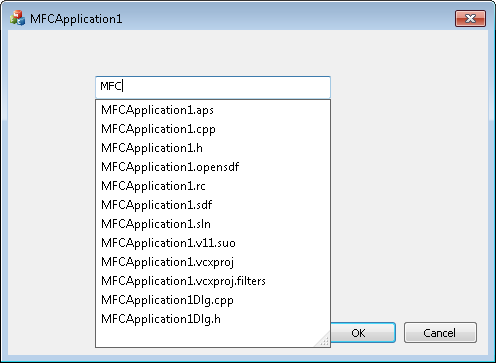In win32 mode, a BSTR was UINT length prefixed and terminated exactly by a
zero char.
So if you allocated "Hello World" that would allocate 28 bytes.
In x64 and (IA64 as well) it would become 32 bytes, because of the fact that
a pointer, is 8 bytes instead of 4 bytes.
The length prefix -still- is a UINT however and not a UINT_PTR.
But it seems that I'm still not quite complete on par. Is there any other
info or rules that have changed on top off the win32 BSTR allocations?
Thanks!
zero char.
So if you allocated "Hello World" that would allocate 28 bytes.
In x64 and (IA64 as well) it would become 32 bytes, because of the fact that
a pointer, is 8 bytes instead of 4 bytes.
The length prefix -still- is a UINT however and not a UINT_PTR.
But it seems that I'm still not quite complete on par. Is there any other
info or rules that have changed on top off the win32 BSTR allocations?
Thanks!

Comment